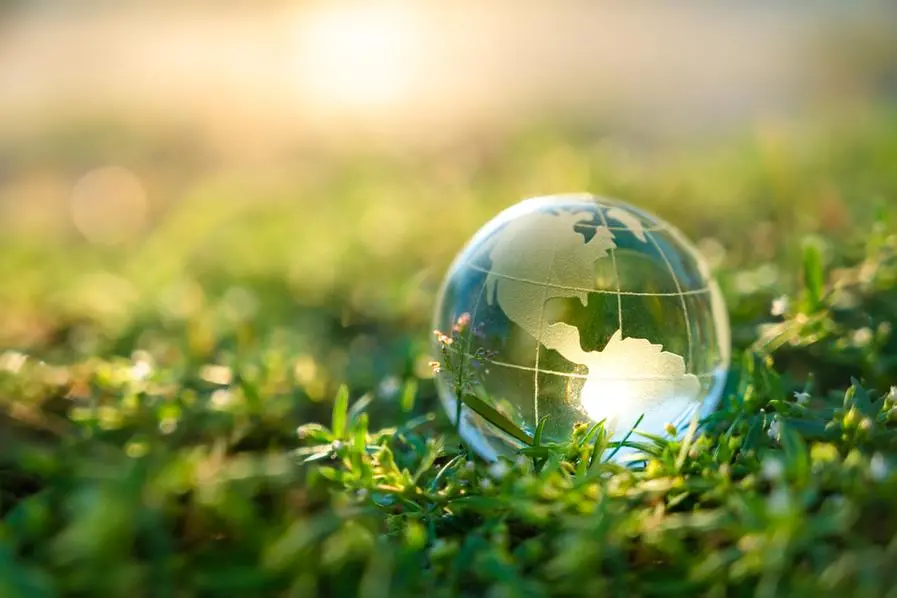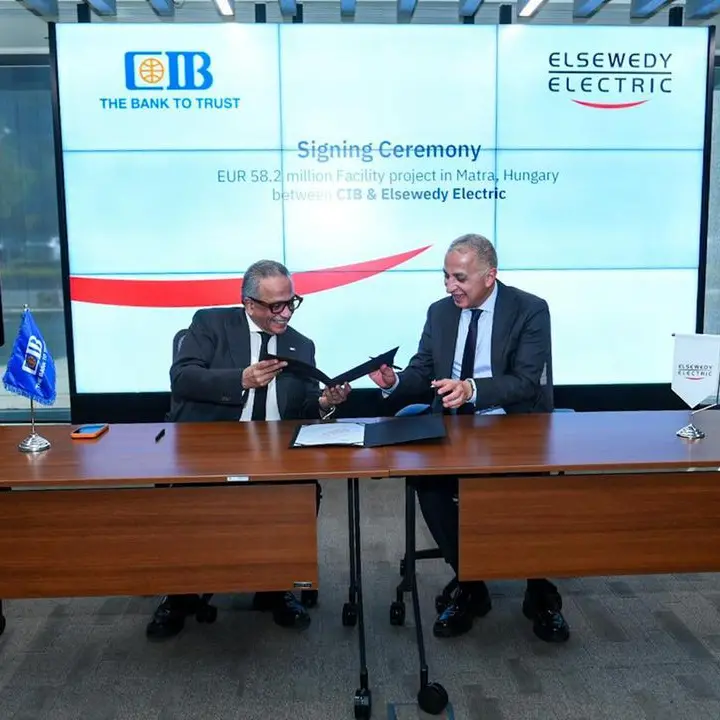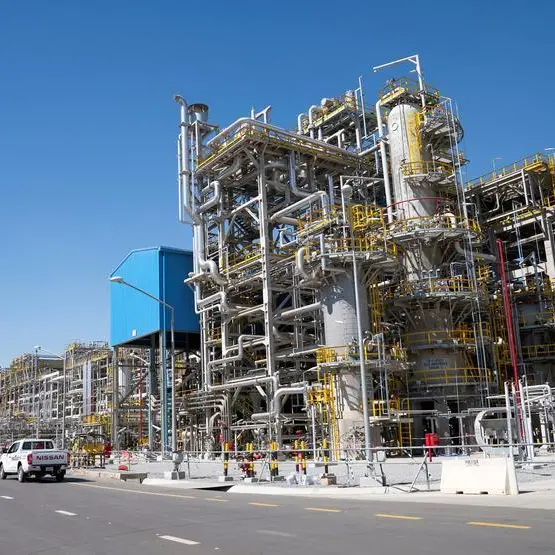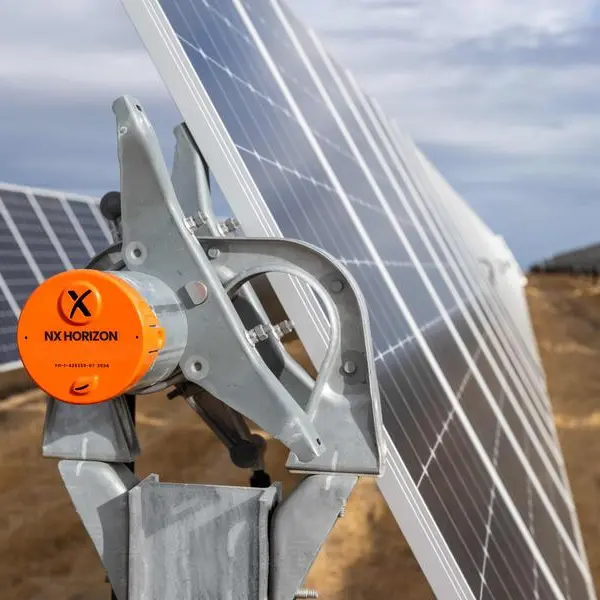PHOTO
Public Private Partnerships (PPP) for large-scale and exploratory clean infrastructure projects offer the fastest route to Net Zero in the UAE and globally, a senior official at Mashreq Bank said.
Badar Chaudhry, Senior Vice President-Energy Unit, Mashreq Bank both said public and private sectors are needed to make climate finance work.


“Climate-smart PPPs must be ready to evolve. PPPs are based on high predictability and steady frameworks and agreements, but a learning curve lies ahead. They will have to become more open to flexing and adapting as the balance between energy security, geopolitics, and climate change become more complex,” he said in a statement shared with Zawya.
“Progress is already well underway, and more change will take time, but the more we communicate, the safer and more commercially viable the process,” he said.
The International Energy Agency (IEA) expects 70 percent of clean energy investment in the next decade to be funded by the private sector.
Chaudhry said sustaining fungibility for PPPs and bilateral partnerships are key factors to consider, and so is bolstering confidence among private investors by de-risking finance, via government-backed guarantees, and joint investments like syndicated debt with the support of export credit agencies (ECAs).
“Finding these areas of common ground is imperative as the bill of a cleaner, greener, and healthier future varies hugely” from $1.5 trillion per year predicted by non-profit organisation One Earth to about $9.2 trillion annually by consultancy McKinsey, he said.
“We must be patient with such diversity as we are trying to accurately predict the cost of a massive global change that lies nearly three decades away. The geopolitical, environmental, economic, and social uncertainties are too great. Therein lies even more reason to collaborate on PPPs and climate finance, so we can unpick the guesswork to find real solutions,” he said.
The financial flows to the Arab region under the UN’s recently launched ad-hoc Work Programme on the New Collective Quantified Goal on Climate Finance remains below the estimated needs of the region, he said.
The World Bank delivered more than $26 billion of climate finance in fiscal year 2021. The World Bank and IFC has allocated $10 billion for funding climate-smart projects and policy reforms in MENA, with an additional $2 billion in private sector financing from 2021-2025, he said.
“We must focus on finessing and scaling it up at COP27, the world’s biggest annual climate gathering in Egypt this November. The margin for indecision around climate finance is near nil,” he said.
(Reporting by Sowmya Sundar; Editing by Anoop Menon)





















